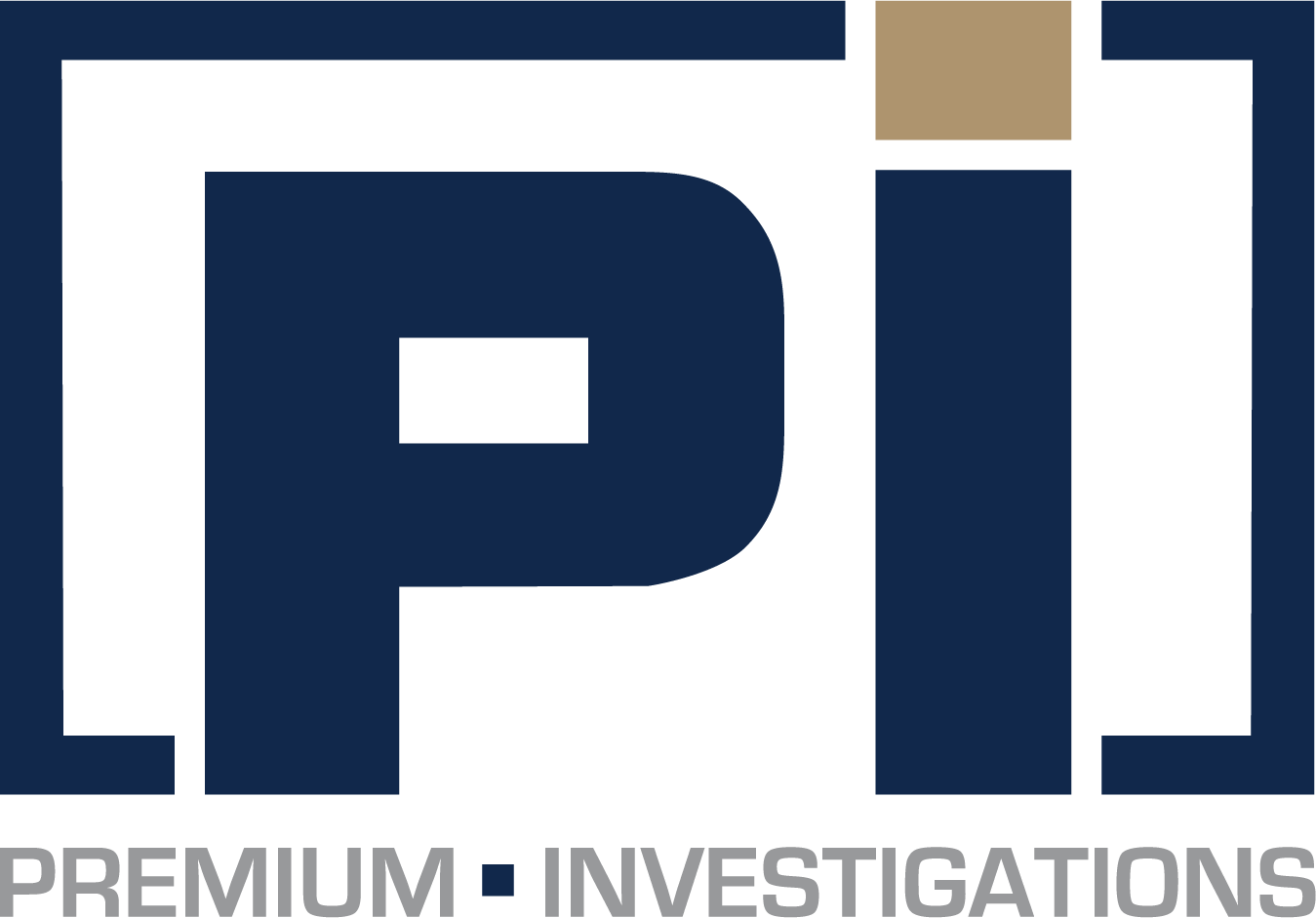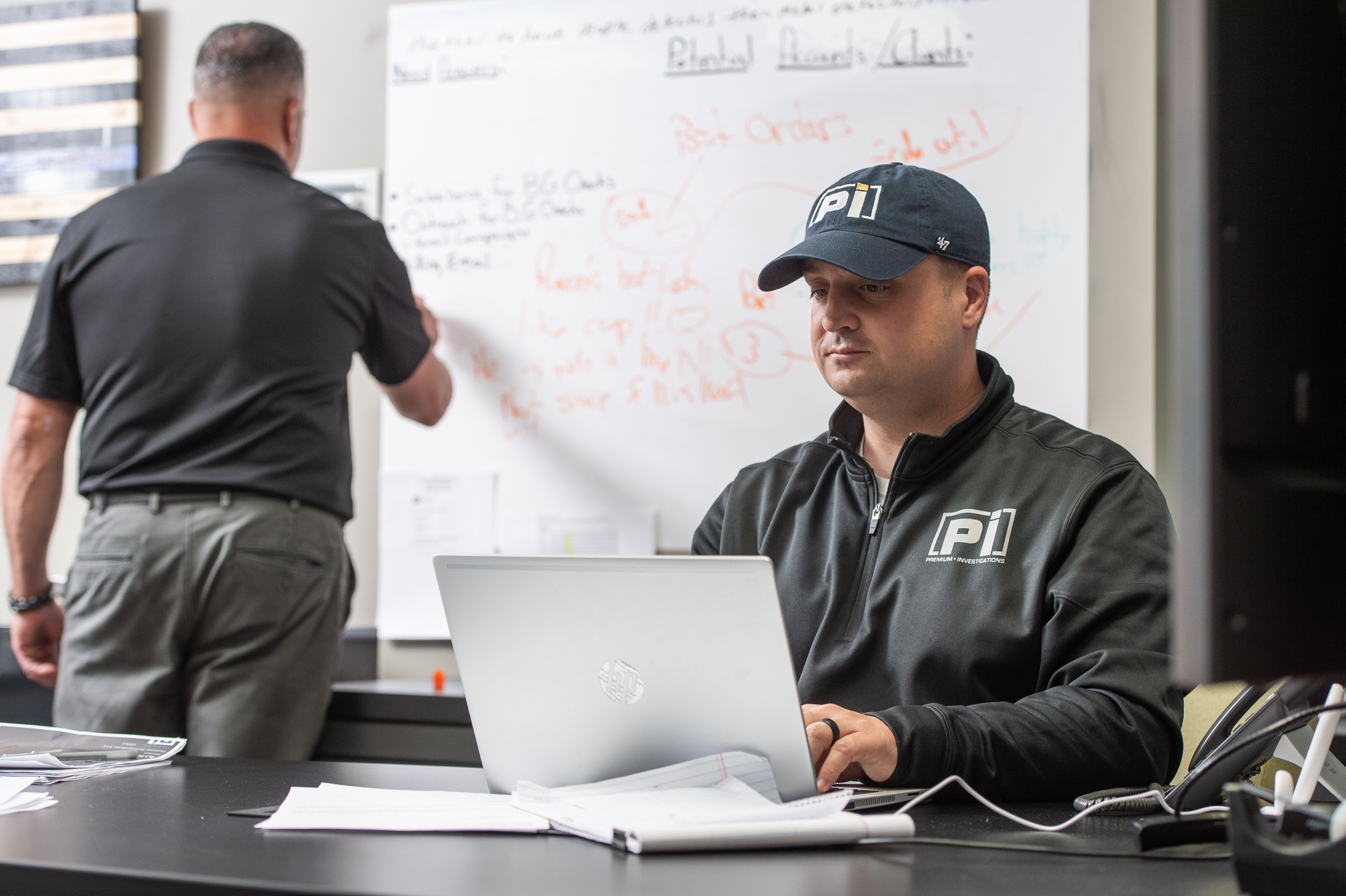Reactive vs. Proactive Security Practices
To the uninitiated, corporate security seems like an inherently reactive field. If there’s an emergency, a security guard responds. If a client is unsatisfied, the firm alters their methods to meet their needs.
Why shouldn’t the industry be based solely upon reactive practices? A security guard’s goal should be to see a problem and act before it becomes an emergency. If a guard only responds after a situation escalates, there’s a higher chance that people could get hurt or a situation could get out of their control.
At Premium Investigations, we know that being responsive is important, but we further prioritize proactive practices, both in our security services and in our relationships with clients. The officers you employ, and corporate security as a whole, should always be proactive. Preparing for the worst before it happens, instead of reacting after the fact, means you won’t be caught unaware during an emergency.
P.I. security officers operate proactively through a combination of training, communication, and trust, making them some of the most prepared guards in the industry.
Training
Any security guard’s response in an emergency is rooted in the training they received. P.I. ensures that our officers have a solid foundation with our own Training Academy.
Prospective guards don’t simply learn the basics of the profession or receive the minimum training required by New York State. Each training session, from the first 8 Hour Pre-Assignment course to the Advanced Security Officer training, is a hands-on learning experience, not just a transaction for a certification card.
P.I. officers also receive de-escalation training, learn basic life saving skills, and undergo site-specific training once they receive their assignment. By being as thorough as possible before our officers even start protecting your facility, we try to guarantee that they are prepared for the widest range of emergency situations.
Communication
Keeping people safe hinges on communication within a team of officers, between officers and their superiors, and between P.I. and our client. Proper proactive communication establishes the parameters and demands of a client’s site for each guard; a prepared officer will be able to respond quickly, confidently, and calmly regardless of the situation. Constant communication between the officers on duty also ensures that everyone is aware of an emergency and how to keep people safe.
P.I.’s management team will work with you and keep all channels of communication open through all stages of our business relationship. We will also perform regular site checks to make sure our officers are performing their duties to our standards. Once our officers are established, our work with you is just beginning.
Trust
Trust only comes from the strong, established foundation of training and communication. Through the training process, our management team learns about each one of our officers and identifies their strengths for assignment to particular posts and duties.
In turn, officers learn to proactively communicate any issues with their superiors before they become larger problems, whether that’s a specific security concern about a client’s site or knowing their own limitations in their role.
The trust that forms throughout our company lends itself to a trusting relationship with our clients. When we operate at our best, you can rely on us in all manner of emergency situations without any second guesses.
The P.I. Guarantee
We put in this much work just as a baseline so that we are always ready to meet our clients’ needs. We know what your needs are and how to exceed your expectations before we start our first shift. Unlike other firms, we don’t just respond and adapt when we receive a client complaint. With our standard proactive level of service, your facility will be more secure and our guards will be more prepared to serve you in any capacity. Reach out to us today to learn how we can best serve your security needs.

